Filter by
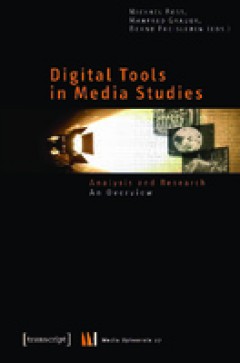
Digital tools in media studies : analysis and research. an overview
Digital tools are increasingly used in media studies, opening up new perspectives for research and analysis, while creating new problems at the same time. In this volume, international media scholars and computer scientists present their projects, varying from powerful film-historical databases to automatic video analysis software, discussing their application of digital tools and reporting on …
- Edition
- -
- ISBN/ISSN
- 9783837610239
- Collation
- 191 p.
- Series Title
- Medienumbrüche, 27
- Call Number
- 302.23 DIG d
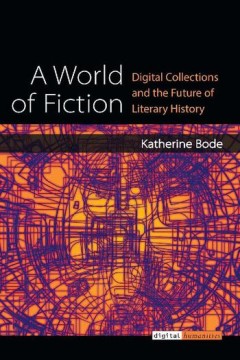
A world of fiction : digital collections and the future of literary history
During the 19th century, throughout the Anglophone world, most fiction was first published in periodicals. In Australia, newspapers were not only the main source of periodical fiction, but the main source of fiction in general. Because of their importance as fiction publishers, and because they provided Australian readers with access to stories from around the world—from Britain, America an…
- Edition
- -
- ISBN/ISSN
- 9780472130856
- Collation
- viii, 252p. : ill.
- Series Title
- -
- Call Number
- 809.3034 BOD a
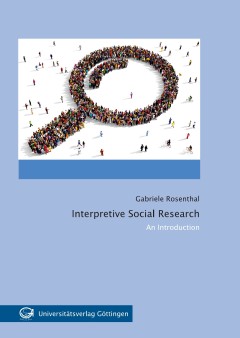
Interpretive social research : an introduction
This volume is a clear introduction to methods of data collection and analysis in the social sciences, with a special focus on interpretive methods based on a logic of discovering hypotheses and grounded theories. The chief methods presented are participant observation, open interviews and biographical case reconstruction. The special advantages of interpretive methods, as against other qualita…
- Edition
- -
- ISBN/ISSN
- 9783863953744
- Collation
- 246p. : ill.
- Series Title
- -
- Call Number
- 301 ROS i
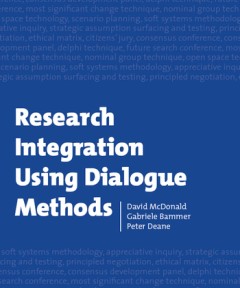
Research integration using dialogue methods
Research on real-world problems—like restoration of wetlands, the needs of the elderly, effective disaster response and the future of the airline industry—requires expert knowledge from a range of disciplines, as well as from stakeholders affected by the problem and those in a position to do something about it. This book charts new territory in taking a systematic approach to research integ…
- Edition
- -
- ISBN/ISSN
- 9781921536755
- Collation
- ix, 165p. : ill.
- Series Title
- -
- Call Number
- 001.4 MCD r
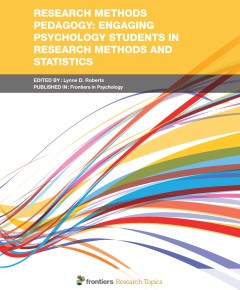
Research methods pedagogy : engaging psychology students in research methods …
Research methods and statistics are central to the development of professional competence and evidence based psychological practice. Furthermore, the ability to interpret and apply research findings contributes to the development of psychological literacy, the primary outcome of an undergraduate education in psychology. Despite this, many psychology students express little interest in, and in s…
- Edition
- -
- ISBN/ISSN
- 9782889450107
- Collation
- 102p. : ill.
- Series Title
- -
- Call Number
- 150.72 RES r
 Computer Science, Information & General Works
Computer Science, Information & General Works  Philosophy & Psychology
Philosophy & Psychology  Religion
Religion  Social Sciences
Social Sciences  Language
Language  Pure Science
Pure Science  Applied Sciences
Applied Sciences  Art & Recreation
Art & Recreation  Literature
Literature  History & Geography
History & Geography